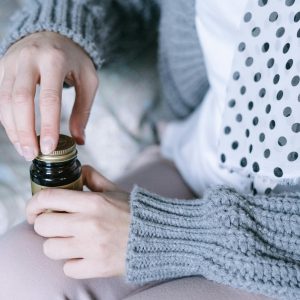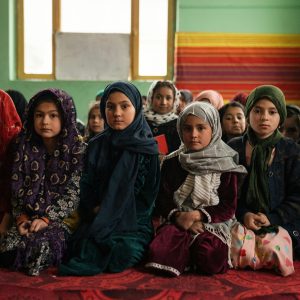Somali female journalists push for recognition despite bias
Despite obstacles, female journalists push forward to carve out space in a male-dominated profession
MOGADISHU, Somalia (MNTV) — Female journalists in Somalia strive to carve out spaces for themselves in the male-dominated profession.
Although they continue to face discrimination, harassment, and societal pressure, their growing role in media and human rights advocacy is being recognised widely.
According to a report by Horn Observer, Somali female journalists struggle against deeply entrenched societal norms that deem journalism inappropriate for women.
To support female journalists, the Somali Journalists Syndicate (SJS) recently organized a training session in Mogadishu, backed by the Canada Fund for Local Initiatives (CFLI).
The program aimed to enhance the skills of women advocating for human rights and facing barriers to professional development.
Journalists working in conflict-affected regions, such as Kawsar Barkhadle of Radio Gedo, face additional challenges.
In areas controlled by Al-Shabaab, restrictions on women’s movement and employment create further obstacles.
“Even my own family initially discouraged me, calling my profession inappropriate,” she said.
Beyond societal pressure, many female journalists endure verbal abuse and accusations of violating cultural norms, forcing some to abandon their careers.
While their presence in the media has brought diverse perspectives and balanced reporting, cultural and religious biases remain strong.
Amiiro Suleiman, a journalist at Kaab TV, shared her experience with Horn Observer, stating that public acceptance of female journalists remains limited.
“There has been some progress, but many still believe women should not be in media,” she said.
The stigma associated with women working in media has led some to receive threats both online and offline.
Anfa Aden Abdi, gender secretary at SJS, has personally faced these challenges and now leads initiatives to improve labor rights and safety for women in journalism.
She emphasized the importance of institutional support to protect female journalists and encourage their participation in media.
“We are working with media managers to ease the pressure on female journalists and educate society on their importance,” she said, urging women in the industry to remain resilient.
Experts stress that self-confidence, continuous learning, and skill development are crucial for Somali female journalists to secure their rights and succeed in their careers.
Despite the obstacles, many continue to push forward, determined to carve out space in a male-dominated profession.










